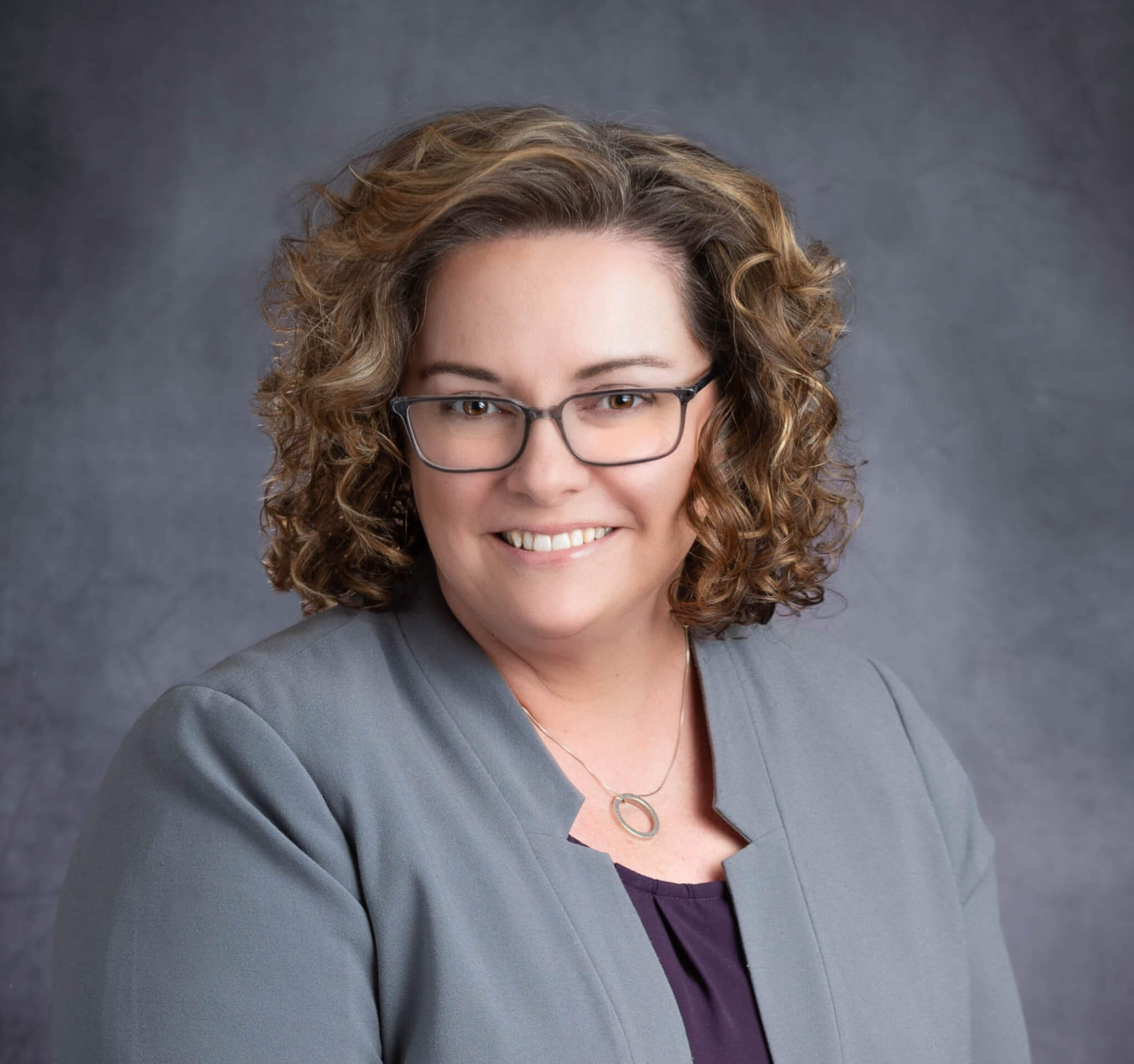by Melissa Hopkins, Executive Vice President of Sector Advancement
After what felt like an exceptionally long legislative session, we have reached the final day of the second half of the 151st General Assembly. This year, the legislature did a remarkable job of moving back to an in-person environment while maintaining virtual engagement opportunities.
DANA advocated to policymakers this year to address the disparity in the state’s contracts with nonprofit contracted service providers. DANA requested the following to address the impact of rising operational costs:
- Contracted nonprofit service providers receive an increase by the percentage of the increase in the minimum wage (13.5%) to continue to provide service at existing service levels.
- Given that Grant-in-Aid is an important funding line for senior and youth services, community development, and historic preservation, and the state is experiencing increasingly profitable revenue projections, there should be a significant investment in our state’s nonprofit sector through an increase to the FY2023 Grant-in-Aid bill.
- Allow nonprofit organizations that are contracted service providers with the state or receive Grant-in-Aid at $50,000 or greater to purchase healthcare through the state.
On June 21rd the Senate passed SB 250, the General Operating Budget for Fiscal Year 2023, followed by the House of Representatives June 23rd. Signed by the Governor on June 28th, highlights of the $5 billion dollar bill include:
- Salary increases for state employees and for public school transportation drivers with an additional one-time bonus of $500 for state employees.
- Education Unit Growth to address student growth in public schools.
- Of important note is the Joint Finance Committee fully funded the McNesby Act, providing funding support for Developmental Disabilities Direct Support Professionals, based on the 2019 rate study.
While we are grateful there was action this year to address the discrepancy in pay to Direct Support Professionals providing services to individuals with disabilities, there was no movement to resolve similar issues for the nonprofit sector contracted service provider at large. While productive conversations around healthcare access occurred, no final decision was made. We will pursue this initiative outside of the legislative session in preparation for 2023.
Additionally, Governor Carney signed SB 251, and allocated funds to one-time costs in Fiscal Year 2023, which included the costs associated with the implementation of the Paid Family Leave bill.
The Grant-in-Aid bill, SB 252 provided modest increases to some nonprofits, including a 3% increase across the board to senior centers and fire departments. Embedded in the $69 million dollar investment were over $10 million in one-time allocations for initiatives including municipal agencies, Downtown Dover Partnership, Landlord Mitigation Fund, and Plastic Free Delaware Initiative.
Of interesting note to the nonprofit sector is a provision in the Bond Bill, HB 475, for the Community Redevelopment Fund, an investment in nonprofit and community-based projects determined through an application process for awards in 2023. The Bond Committee allocated $90 million to nonprofits and community projects throughout the state. The final Community Redevelopment Fund awardee list may be found here.
Please note that because this is the second half of a General Assembly, legislation not passed at the close of session are dead. After the election, the 152nd General Assembly will start over.
Thank you to those that made phone calls, sent emails, and wrote letters. While Delaware’s legislative session has ended for 2022, our work on the public policy needs in the sector does not stop. Our Community of Practice for Public Policy will continue to work to continue to identify needs for the nonprofit sector and collaborate with our elected leaders and state agencies in preparation for 2023. It is necessary to ensure the FY 2024 budget reflects our priorities for contract reassessment. Our work is not done, and I am eager to continue this effort into 2023 and beyond. If you have questions or would like to discuss, please feel free to reach out to me at [email protected].
